- 9 Posts
- 6 Comments

 2·8 days ago
2·8 days agoI’m sorry, it seems lemmy.zip has deleted the content.
To paraphrase the now deleted comment; The user explained the concept of ‘face’ as part of the Chinese (and other Asian) law. It means that if you accuse a person in power of, say, rape (that was the example used in the comment), and this powerful person files a defamation lawsuit against you -because the person’s reputation suffered, they lost ‘face’- , this powerful person will likely win the lawsuit, even though the crime was indeed committed. [Disclaimer: This is my personal explanation as a legal layman, paraphrasing the now deleted comment. I personally have no idea of Chinese law nor any law.]

 9·9 days ago
9·9 days agoIt makes an interesting read.
… Tesla’s record in China shows how Musk has thrived in a system in which regulators, the media and the courts — which must all ultimately answer to the ruling Communist Party — are, by design, somewhat intertwined …
Tesla has profited from the largesse of the Chinese state, winning unprecedented regulatory benefits, below-market rate loans and large tax breaks. With a few pointed exceptions, Tesla has enjoyed largely ingratiating coverage in the Chinese press, and journalists told AP they have been instructed to avoid negative coverage of the automaker.
Tesla’s windfall has extended to the courts — and not just in legal actions Tesla has brought against customers. In a review of public court documents, AP found that Tesla won nearly 90% of civil cases over safety, quality or contract disputes brought by customers.
“The government gave Tesla a super status that put consumers in a very vulnerable position,” said Qiao Yudong, a former lawyer for American sports car company Saleen Automotive in China. “That’s why some consumers had to resort to extreme actions.”
One of those desperate customers was Zhang.
[…]
Two Chinese journalists based in Shanghai told AP there is an unwritten rule to avoid critical coverage of Tesla. Both spoke on condition of anonymity, fearing retaliation.
“We were told by our editor that we should not write negatively about Tesla because it is a key company that was introduced and protected by the Shanghai government,” a tech reporter told AP.
Those who have strayed have found themselves in court. Musk’s company sued media outlets PingWest and ifeng.com over negative coverage. It was unhappy about PingWest’s report that claimed Tesla’s Shanghai factory was a “sweatshop.” The news website ifeng.com drew Tesla’s ire over a story that explored the tribulations of car owners who fought Tesla. PingWest had to apologize and pay Tesla 100,000 yuan ($13,700). AP could not determine the outcome of the case against ifeng.com.
Tesla is not the only company in its industry to sue its critics. BYD has also aggressively pursued media in court, including an unsuccessful lawsuit against Vice Media in the United States. More recently, electric vehicle makers Nio and Li Auto have stepped up defamation cases against bloggers in China who allegedly spread false information about their companies.
[…]
“Tesla used their legal advantages to bully Chinese car owners and people who speak up for them,” said Feng Shiming, an auto blogger and Tesla owner who was ordered by a Shanghai court last year to pay Tesla 250,000 yuan ($34,200) after he wrote about Tesla’s alleged brake failures. He has appealed the verdict. “Tesla wants to have a chilling effect on society and terrify people so they will be scared to say anything negative about Tesla.”

 4·9 days ago
4·9 days agoI cannot answer your question, but the article has been cross-posted, and a user in a different community posted an interesting comment. See it here: https://slrpnk.net/post/18315610/13760678

Back in July 2024, investigators leaked documents showing the correspondence between officers of Russia’s foreign intelligence agency (SVR) responsible for “information warfare” with the West. The exiled Russian media outlet published a report on that. It’s very illuminating:
The leaked documents, intended for various government agencies, reveal the Kremlin’s strategy: spreading disinformation on sensitive Western topics, posting falsehoods while posing as radical Ukrainian and European political forces (both real and specially created), appealing to emotions — primarily fear — over rationality, and utilizing new internet platforms instead of outdated ones like RT and Sputnik. The documents also detail localized campaigns against Russian émigrés, including efforts to discredit a fundraiser for Alexei Navalny’s Anti-Corruption Foundation who had moved to the United States.

Done, sorry.

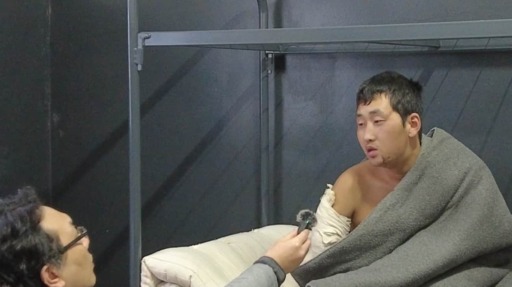


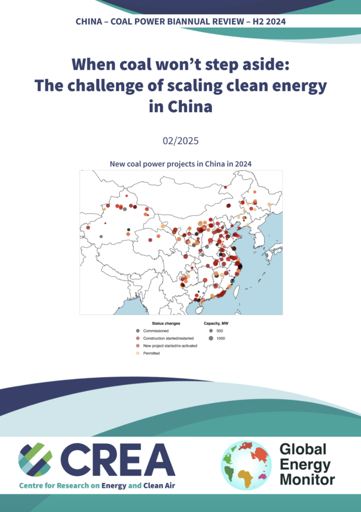
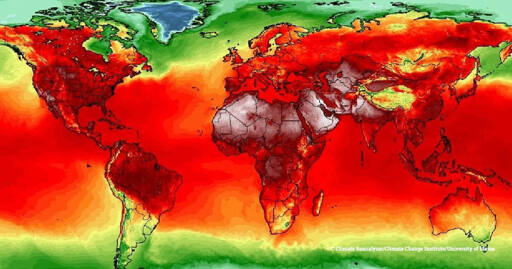

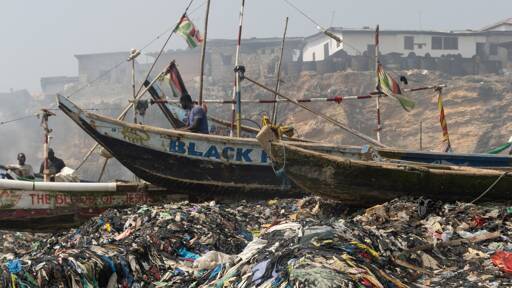
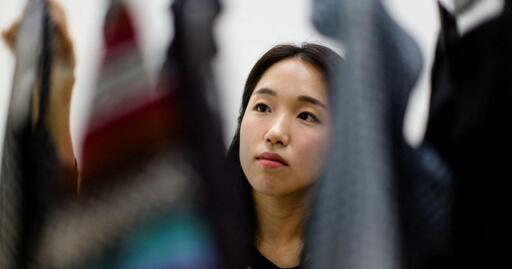

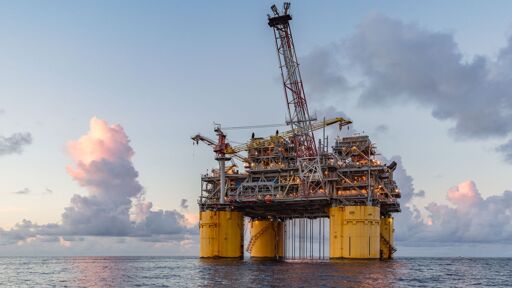
Yeah, the report clearly says that China’s reliance on coal undermines this. Therefore, the bottom line for China doesn’t look too good according to the Climate Action Tracker - China:
China is as much as most countries on the wrong track.